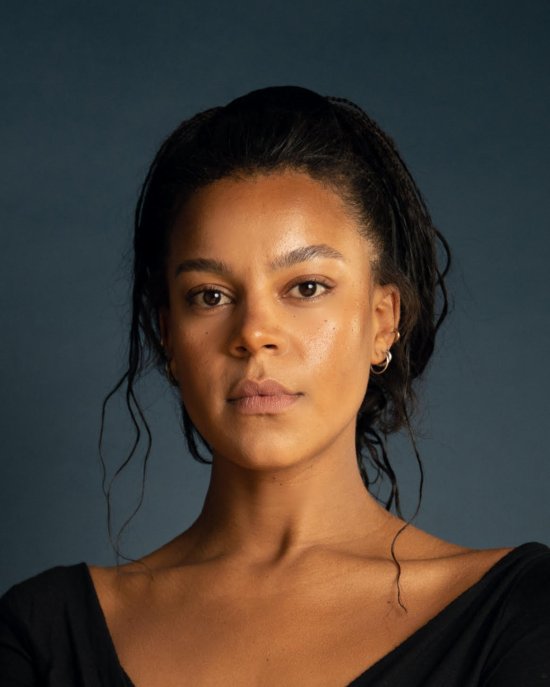
When Rebecca Ajulu-Bushell was a fine-arts student at Oxford University, she landed an internship at a prestigious gallery. There, she learned about the art world, but not in the way she expected. The organization, which seemed to exclusively employ blond, white women, paid a stipend that didn’t even cover her London Tube fare. To get a full-time job there, a colleague warned, “You either have to know someone who knows [the gallery owner]. Or you have to wait until someone dies,” Ajulu-Bushell recalls.
The experience was disheartening, but it didn’t curb the drive of the first Black woman to swim for Great Britain’s national team and former world No. 1 swimmer in the 50-meter breaststroke. At 29, Ajulu-Bushell is now CEO of the 10,000 Interns Foundation, which, in three years, has created 5,000 internships for Black or disabled students and graduates at over 700 companies across the U.K. The program requires employers to pay the minimum local living wage and provide meaningful work to its interns, Ajulu-Bushell says, and about 30% of the internships convert into full-time jobs.
[time-brightcove not-tgx=”true”]
An internship “can stay with you forever,” she says. “It can create this inertia that pushes you forward, or it can create this force that holds you back and pushes you down. We want to empower people, which is probably the opposite of what I felt afterwards.”
Born in the U.K. to a white British mother and a Black father, and raised until she was 13 in Kenya, Ajulu-Bushell was perceived by other people as Black when she was in the U.K. and white in her father’s home Kenyan village. Her father, a former freedom fighter in South Africa, raised her with a strong sense of the importance of fighting for social justice. But he also taught her that as a person of color, the only way to get to the top was to work so hard that her talent became “undeniable.”
As a teenage swimmer, however, Ajulu-Bushell realized that being exceptional came with a cost. Struggling with the pressure she felt to succeed in a predominately white sport, she quit while training for the 2012 Olympics. (She will recount the experience in her upcoming memoir, These Heavy Black Bones, set for U.K. publication in June.)
Throughout her career, Ajulu-Bushell has seen how easy it can be for Black professionals to burn out as they seek to stand out compared with their white colleagues–or, once they have risen to the top, to conform rather than opening pathways for their Black peers to rise. Now that she has reached a position of power, Ajulu-Bushell wants to help others get ahead while staying true to themselves. Her goal, she says, is for the 10,000 Interns Foundation to shift the face of business in the U.K. and enable participants to see “Black excellence all around them.”